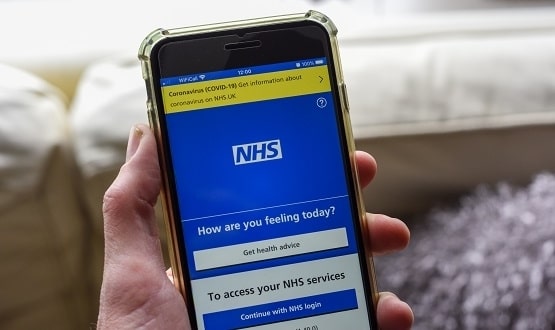NHS Digital restructure to see Southampton office close next year
- 7 August 2019

NHS Digital will close its Southampton offices next year and scale back its operations in Southport under a new location strategy that will also impact remote workers, Digital Health News can reveal.
As part of the ongoing restructure, NHS Digital will close doors in Southampton in 2020 in a move to concentrate its workforce around its key strategic locations: Leeds, London and Exeter.
The new NHS Digital location strategy, seen by Digital Health News, suggests that NHS Digital staff who cannot work from its key sites – including those with home-based or remote working roles – are at greater risk of losing their jobs.
NHS Digital will retain its Southport site; however operations will be scaled back substantially, with the location becoming a “satellite site” used for supporting Data Access services only.
The document confirms that current NHS Digital staff based in its Southampton and Southport offices will be impacted by the changes.
It reads: “Our workforce design needs to be underpinned by our Location Strategy, which is based on our business delivery requirement, operational efficiency, the location of our current staff and where we can source the best talent for the future.”
“NHS Digital has a location profile which has developed over time as different historic organisations have merged and joined together, without a clear organisational location strategy.
“In addition, several years ago, whilst delivering using different technologies and approaches, there was a requirement to have offices physically closer to our customers. This drove a regional approach.
“Over subsequent years, NHS Digital has demonstrated it can achieve being close to its customers’ needs and delivering at a national scale, while the need for regional offices has largely dissipated. Whilst we have maintained these locations in the past, the time is right to address this.”
Major shake-up
NHS Digital is in the midst of a wide-reaching restructure programme that places around 500 jobs in the firing line.
The organisation wants to create a smaller, more flexible workforce with better expertise in cyber security and data-driven technical fields, such as machine learning.
This has led to a round of redundancies and the closure of several NHS Digital sites, including Bradford, Bolton, Reading, Redditch and Washington in 2018.
Some £11.2 million was spent on staff termination packages during 2018-2019.
The organisation now hopes to consolidate its workforce by concentrating or “co-locating” staff within its Leeds, London and Exeter offices.
The document says: “A priority for our organisational change initiative was to take a fresh look at our geographical locations around the country and consider whether they are the right places to deliver our organisation objectives.
“We know from experience that co-locating teams optimises performance and result in stronger delivery. Our key premise, therefore, is that teams working within a single programme or function should be ‘concentrated’ in one or two locations, thus maximising their face to face time.
“Co-location does not require that individuals are always sited together, but rather creates a consolidated ‘base location’ for a team to maximise their time together.”
NHS Digital also suggested this would allow it to more easily draw in young talent from the high student populations within these regions.
“We need to ensure we are in locations which provide ready access, within the local labour market, to vibrant, capable talent at graduate and mid-career levels that excel in the skills we require,” it said.
“We will concentrate our organisation in locations which meet this need.”
Remote working agreements by exception only
The new location strategy will also affect contractual NHS Digital staff that work remotely or travel in from geographic regions outside NHS Digital’s main office locations.
Such working arrangements will now “be agreed by exception only” and will “need to be approved at Executive Director level and supported by our Chief People Officer.”
NHS Digital further noted that “a contractual base of home will not be feasible for a large proportion of the roles”, while suggesting the new policy “is not a rejection of flexible working approaches.”
“We want to support work-life balance and understand that individuals often value working remotely on occasion and/or working flexible hours.”
A spokesperson told Digital Health News that it had “a statutory obligation to provide opportunities for suitable alternative employment” to staff whose roles would be affected by the changes.
Has your job been affected by the Org2 restructure? Email: news@digitalhealth.net





1 Comments
Reading between the lines, all this is a sign of a major NHS managerial cock up. how come that there are too many people with the wrong skills in the wrong places? And at a time when NHS IT should be at the top of its game.
No wonder that when I, an elderly patient, am let down by poor communications between hospitals.
Comments are closed.